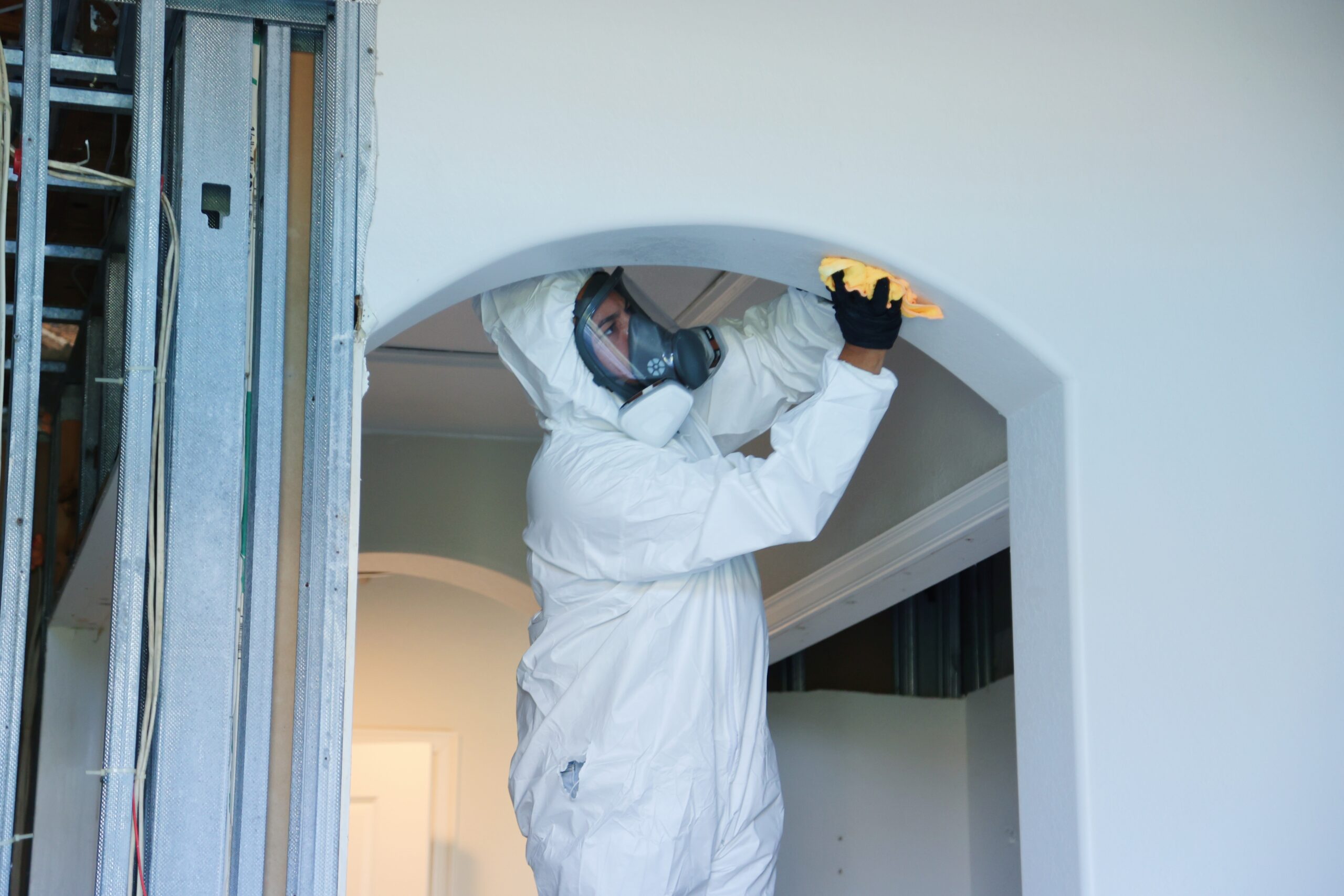When most people think of mold, they think of stained walls, musty smells, or allergies. But growing research suggests mold can impact far more than your physical environment; it can actually affect your brain and mental health.
This connection may sound controversial to some, but it’s backed by credible science. Mold exposure, especially in indoor environments like homes, offices, and schools, has been linked to cognitive and emotional symptoms that are often overlooked or misdiagnosed.
How Mold Impacts the Brain and Nervous System
Some types of mold produce mycotoxins, microscopic toxins that can travel through the air and be inhaled. According to the American Academy of Environmental Medicine (AAEM) and various published studies, long-term exposure to these toxins can trigger neurological symptoms, including:
- Brain fog or difficulty concentrating
- Memory problems
- Mood swings or irritability
- Anxiety or panic attacks
- Depression-like symptoms
- Insomnia or poor sleep quality
These symptoms occur because mold toxins may affect the central nervous system and immune response, creating inflammation in the body and brain.
Why Some People Feel It More Than Others
One of the most misunderstood facts about mold exposure is that not everyone reacts the same way. Research by Dr. Ritchie Shoemaker on Chronic Inflammatory Response Syndrome (CIRS) shows that around 25% of the population carries genetic markers (HLA-DR gene types) that make them more sensitive to mold toxins.
This means that in a household or office, one person might feel completely fine while another experiences debilitating symptoms. Unfortunately, this often leads to misunderstandings or dismissals of the affected person’s experience.
Environmental Triggers Are Often Overlooked in Mental Health
It’s common for people struggling with anxiety, depression, or brain fog to seek therapy or medication. While those treatments can help, they don’t always address environmental causes like poor air quality or mold exposure.
In fact, a 2016 review published in the Journal of Environmental and Public Health noted that prolonged exposure to indoor dampness and mold can contribute to emotional distress and mental health challenges, especially in vulnerable individuals.
Ignoring environmental factors can leave people stuck in a cycle of treating symptoms without ever addressing the root cause.
You Don’t Need Visible Mold to Be Affected
Another surprising fact is that you don’t need to see mold for it to affect you. Mold spores and toxins are often hidden behind walls, under flooring, or in HVAC systems but can become airborne at any time. You might not notice anything unusual in your home, but you could still be breathing in unhealthy air every day.
The Environmental Protection Agency (EPA) warns that indoor air quality problems caused by mold can exist even without visible growth, making professional inspections crucial when health concerns arise.
A Real Example from a Local Family
One family we worked with in the Tampa Bay area had spent months dealing with constant headaches, fatigue, and anxiety that seemed to come out of nowhere. Multiple doctor visits provided no clear answers.
When they called us for an air quality check, we discovered hidden mold in their HVAC system—something they never suspected because they never saw any mold growing in their home.
After treating their home and cleaning the air system, they reported clearer thinking, improved sleep, and fewer mood swings within just a few weeks.
What You Can Do if You Suspect Mold Is Affecting You
If you or your family are experiencing ongoing mental fog, mood changes, or unexplained anxiety, it might be time to look beyond medication or lifestyle changes and consider your indoor environment.
At Mold Zero, we offer free same-day mold evaluations to help you understand what’s really in the air you’re breathing. Whether or not you have visible mold, a professional remediator can give you peace of mind or identify hidden problems you may not have considered.
Contact Us for a Free Mold Evaluation
Your home should be a safe place to rest, recharge, and feel your best. If you’re concerned about the impact of mold on your health, don’t wait.
📞 Call Mold Zero today at (727) 900-7202 to schedule your free mold evaluation.




